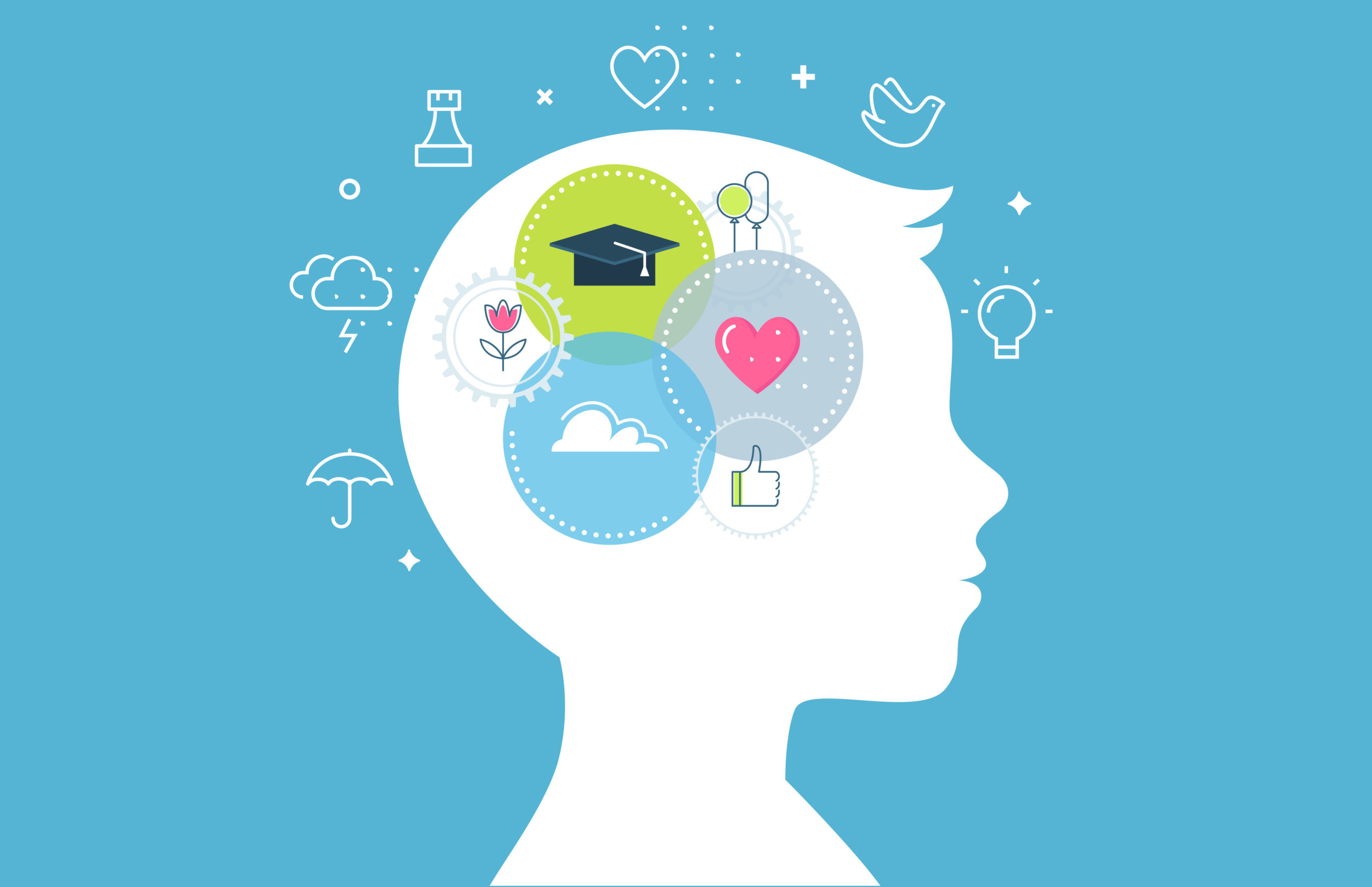In today's fast-paced and technology-driven world, effective communication skills have become more crucial than ever. Whether it's in the classroom, workplace, or social settings, the ability to convey thoughts and ideas clearly can make a significant impact on one's success and relationships. One effective way to enhance communication skills is through social-emotional lessons that focus on understanding emotions, empathy, active listening, and effective expression. By incorporating these lessons into daily routines, individuals can improve their communication skills and build stronger connections with others.
The Importance of Communication Skills
Communication skills are essential for various aspects of life, including personal relationships, academic success, and professional development. Here are some reasons why effective communication is crucial:
Building Relationships
- Strong communication skills are key to building healthy and lasting relationships.
- Effective communication promotes understanding and trust between individuals.
- Good communication can help resolve conflicts and prevent misunderstandings.
Academic and Professional Success
- Clear communication is essential for academic success, including presenting ideas, participating in discussions, and working on group projects.
- In the workplace, strong communication skills are highly valued by employers and can lead to career advancement.
- Effective communication can boost productivity, collaboration, and teamwork.
Social-Emotional Lessons for Enhancing Communication Skills
Social-emotional learning focuses on developing self-awareness, emotional intelligence, empathy, and social skills. By incorporating these lessons into daily routines, individuals can enhance their communication skills and build stronger relationships with others. Here are some key social-emotional lessons that can help improve communication:
Understanding Emotions
- Recognizing and understanding one's emotions is the first step towards effective communication.
- By being aware of their own emotions, individuals can better express themselves and respond to others.
- Practicing emotional regulation can help prevent conflicts and improve communication in stressful situations.
Empathy and Active Listening
- Empathy is the ability to understand and share the feelings of others.
- Practicing empathy can help individuals engage in more meaningful and empathetic communication.
- Active listening is a crucial component of effective communication, as it involves fully concentrating, understanding, responding, and remembering what is being said.
Effective Expression
- Being able to express thoughts, feelings, and ideas clearly and confidently is essential for effective communication.
- Using assertive communication techniques can help individuals express themselves respectfully and assertively.
- Practicing good non-verbal communication, such as maintaining eye contact and using appropriate body language, can enhance the impact of one's message.
Implementing Social-Emotional Lessons
There are various ways to incorporate social-emotional lessons into daily routines to enhance communication skills:
Role-Playing Activities
- Engage in role-playing activities that simulate real-life communication scenarios.
- Practice active listening, empathy, and effective expression through role-playing exercises.
- Encourage feedback and reflection to improve communication skills.
Reflective Journaling
- Encourage individuals to keep a journal to reflect on their emotions, thoughts, and communication experiences.
- Promote self-awareness and emotional intelligence through journaling exercises.
- Use journaling as a tool for self-reflection and growth in communication skills.
Group Discussions and Sharing Circles
- Facilitate group discussions and sharing circles to promote open communication and empathy.
- Encourage individuals to share their thoughts, feelings, and experiences in a safe and supportive environment.
- Promote active listening and respectful communication during group discussions.
Conclusion
Enhancing communication skills through social-emotional lessons is a valuable and effective way to improve relationships, academic success, and professional development. By focusing on understanding emotions, empathy, active listening, and effective expression, individuals can build stronger connections with others and navigate various communication scenarios more effectively. Incorporating social-emotional lessons into daily routines can lead to improved communication skills and overall well-being.
